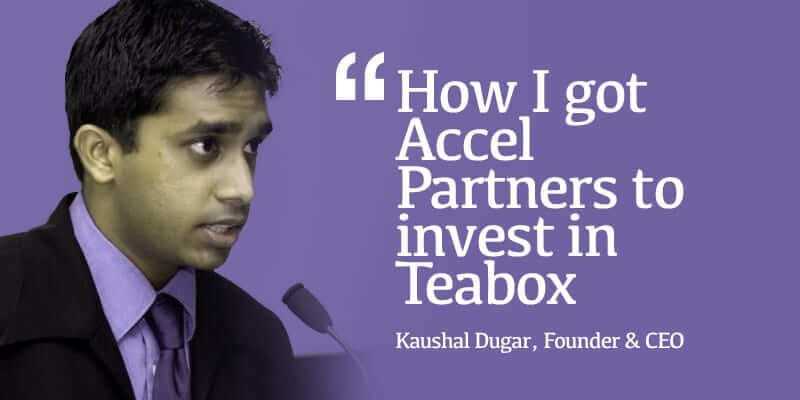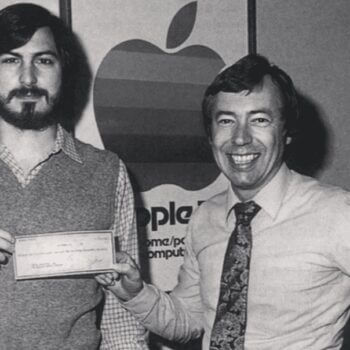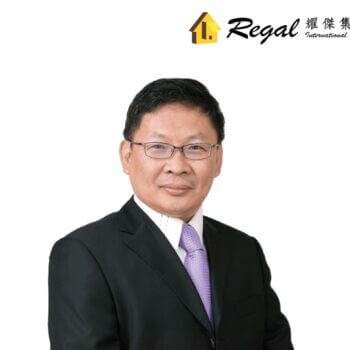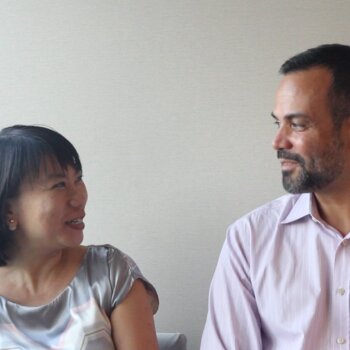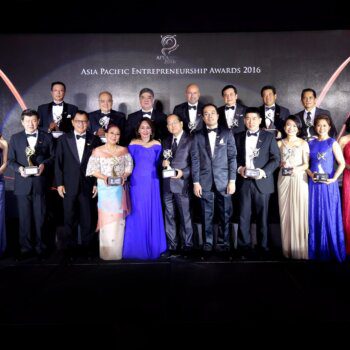Kaushal Dugar is the Founder & CEO of Teabox. Prior to Teabox, he worked as a corporate finance analyst and strategy consultant at KPMG Singapore. At KPMG, he worked with Government Agencies, Private corporations across South East Asia and the Middle-East on long term corporate strategy development and corporate finance projects across range of industries such as healthcare, media, real estate and automotive. Kaushal was also the co-founder of Books to Read – a nonprofit aimed to help primary & secondary school children get access to books from developing nations where he and his team shipped around 100,000 books from Singapore to schools in Tanzania and Zambia. He graduated Cum Laude with a Bachelor’s of Business Management from the Singapore Management University (SMU). At SMU, he was the founder & president of SMU Ventures – The Entrepreneurship Society that encouraged students to pursue entrepreneurship and has resulted in few businesses with million dollar revenues.
What exactly is Teabox?
Founded in 2012, Teabox is the only premium tea brand that delivers teas direct from origin to customer. With fulfillment center in the heart of tea producing regions, Teabox ships the world’s freshest teas, chosen by tea experts to customers all over the world within 24-48 hours of production. With a selection of over 150 fresh teas from over 75 different plantations in Darjeeling, Nepal, Assam, Kangra & Nilgiri, Teabox provides the largest selection of single estate and premium fresh teas online. Within 2 years of its existence, Teabox has already delivered over 5 million cups of tea to tea lovers in over 65 countries. For more information, please visit http://www.teabox.com
How did you come up with the idea of Teabox?
Teabox was not created as a ah ha moment but as a result of applying strategic principles/theories to the field of tea. While working at a leading tea export firm, I realized that it takes about 3-6 months for a tea to reach the end consumer and there were too many intermediaries in the value chain and as a result the price increases x times and there is also a deterioration in quality due to lack of good quality infrastructure as the freshness goes away with time. That’s where I realized that if I can make teas available to customers immediately after production while preserving the freshness/aroma – it could form the basis for a brand that would be known for its freshness.
Could you walk us through the process of starting up Teabox?
The process of starting up Teabox was complicated, we had to figure out international logistics, inward procurement, packaging, ability to reach out to customers in international markets. We took them as a challenge and tackled each issue one by one while also assembling a team who can help us put this idea into reality.
How has it been like managing the business since?
As Ben Horowitz, an international VC and entrepreneur puts it – in business you only experience two emotions – either euphoria or terror. And pretty much, mine has been the same. From very good days to very bad days, it’s been a roller coaster ride and I think that is going to continue for a long time. However it helps that there is now a team which is taking care of things.
Did you find anything particularly difficult during the startup?
I think the biggest challenge for me was recruiting people. Earlier we operated entirely from Siliguri (a small town in West Bengal province of India) and due to lack of great talent pool, it was very difficult for us to find the right people to grow. And as a result, I hired people all over the world to work for me. We had someone in Phillipines take care of customer service, Tech/IT was outsourced to a team in Western India, Design was outsourced to a firm in US, Graphic designer was based in New Zealand, social media marketing was in Kenya.. However, over a period of time – we have managed to build a strong team that is working hard to implement our vision.
How was the initial reaction from the consumers?
Almost 99.99% of our customers have loved our teas so much so that they have become our biggest fans. I think one of the reason is that they have been so much used to bad teas in the past and that’s what they have thought are good teas. When they discovered and tasted Teabox teas, only then they realized what kind of bad teas they have been drinking all their life. Most of them have become our regular customers and keep buying from us.
What is your strategy against your competition?
We do face competition from established brands in our target markets. However, our biggest advantage is that we are at the source, we get access to teas immediately after production and we are able to deliver it to the customers – the freshest teas within 7 days of manufacturing which makes a huge difference in quality and taste. By the time most other brands get teas, it’s been months after production and the teas have lost most if not all of the flavor/aroma.
Have you developed any industry insights that you could share?
Indian tea industry unfortunately still functions in a very archaic way – not much has changed since the time Britishers used to run this industry. And as a result, when a new way/method tries to challenge the norms of a set industry, naturally there is a lot of resistance.
How have you managed to stay relevant in this industry?
The only we have managed and would continue to stay relevant in tea is by being focused on providing a superior customer service/experience to our customers. Since we are creating a premium brand, a superb customer service, great product and constant innovation would help us stay relevant.
What are your future plans for Teabox?
Long term plan is to create our own supply chain competency in Tea. We are doing that by having our own sourcing centers near the tea plantations in different locations in India and by having our distribution centers as close to the customers as possible in different parts of the world. By doing so, we would be able to control the entire supply chain and assure quality and service like no other.
If you could start all over again, would you change anything about your approach?
I don’t think I would change anything – whatever I would change was the mistakes I have made. Yet, without trying those – I would not even know that they were mistakes.
What do you think about startups in Asia?
I think startups in Asia are fabulous. We have some of the brightest minds in the world in Asia and naturally with the inflow of capital – many smart entrepreneurs will come out and create fabulous businesses and generate huge value.
What are some personal principles or personal values that guide you and your career?
Growing up in an environment such as mine – many family values have been ingrained which I carry onto the business. Being frugal is something which I have adopted since I have always learned to do more with less. At times people in business tend to forget that business is nothing but just a group of people coming together to achieve a goal. And the people part is the most important factor in any businesses which should not be neglected.
What is your definition of success?
Success to me is achieving what I sought out to achieve keeping in mind personal goals and circumstances. For example, running a marathon for many folks might not be something they would term as success but I certainly do that as that was a personal goal for me which I have achieved.
Why did you decide to become an entrepreneur?
Being born in a family that has been involved in business for generations, this was quite natural. I don’t think it was a question of why but when. And when happened when I felt ready for it.
What do you think are the most important things entrepreneurs should keep in mind?
To be focused, to be directed by your internal guidance system rather than do what you think is the right think because everyone is doing that. And most of all – believe in yourself.
In your opinion, what are the keys to entrepreneurial success?
Perseverance, Hard work and a 200% commitment to your goal.
Any parting words of wisdom for entrepreneurs out there?
Maybe not to entrepreneurs but to people who want to be entrepreneurs and have not yet taken the plunge – I would say “JUST DO IT”, Life is too short to not try.
Connect:
Website: www.teabox.com
Facebook: www.facebook.com/teabox.tea
